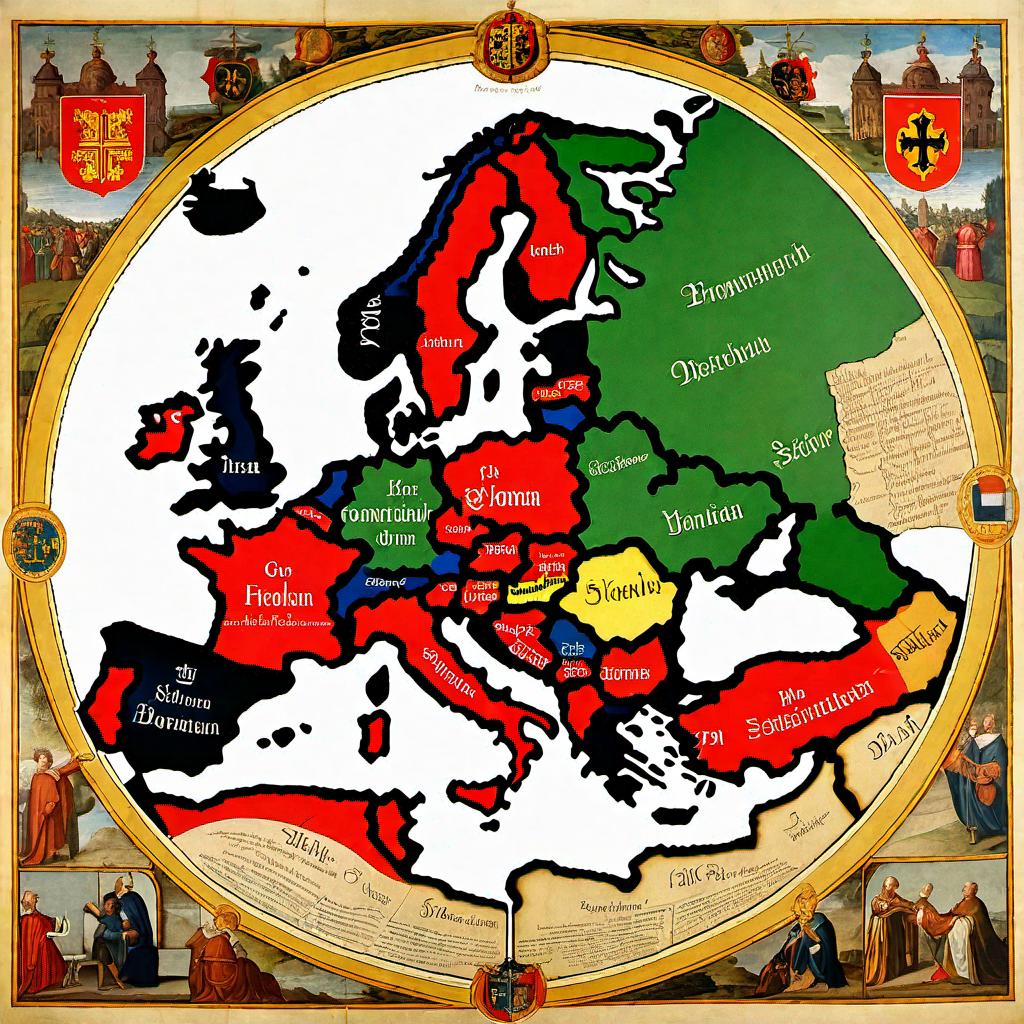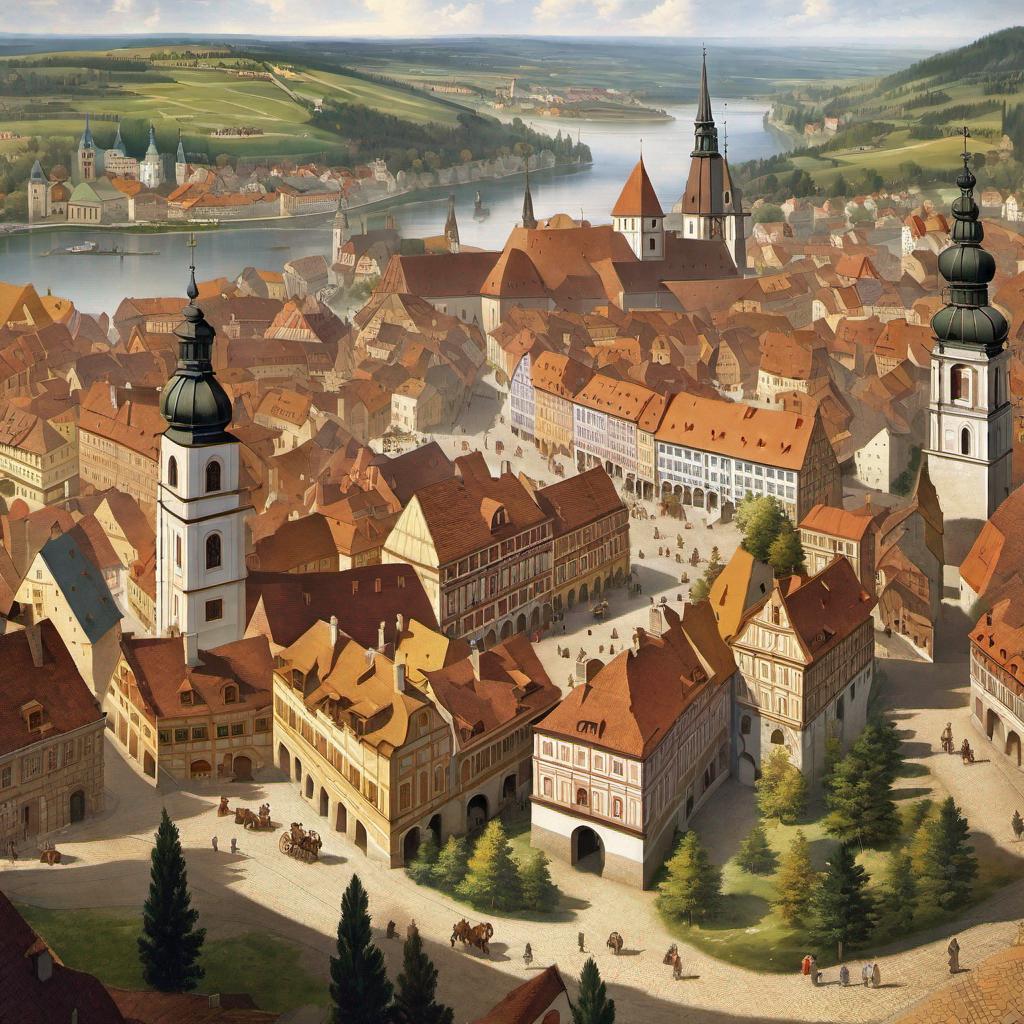Origins of the Volga Germans: The Towns and Territories of Central Europe
The narrative of the Volga Germans is intricately tied to the mosaic of regions, towns, and duchies of Central Europe, primarily within the Holy Roman Empire, which encompassed modern-day Germany and its neighboring territories.
Many of the early Volga German settlers hailed from regions such as the Rhineland, Hesse, the Palatinate (Pfalz), Baden, Württemberg, and further afield from areas of Prussia, Alsace (now in France), and regions of today's Switzerland.

The Holy Roman Empire, a complex confederation of territories in Central Europe, was a decentralized entity. Local rulers, known as Electors, Princes, Dukes, and Bishops, held significant power over their territories. These political divisions had their own laws, currencies, and governance structures. The electors even had the privilege to elect the Holy Roman Emperor.
This decentralized system meant that policies could vary drastically from one region to another. While some territories might experience religious tolerance, others could be sites of intense sectarian conflict. The fragmented nature of the Empire contributed to the economic and religious pressures that many Germans faced.

In regions like the Palatinate, frequent wars, such as the devastating Thirty Years' War and later the Nine Years' War, caused widespread destruction. Combined with the religious tensions post-Reformation, especially in areas where rulers frequently changed their confessions, life for the average citizen was filled with uncertainties.
It was amidst this backdrop of political fragmentation, war-inflicted devastation, and uncertain economic prospects that Catherine the Great's manifesto in 1763 became particularly enticing. The prospect of religious freedom, exemption from military service, and economic opportunity in the Russian Empire presented a stark contrast to the volatile conditions many Germans were accustomed to in the Holy Roman Empire.
In summary, the intricate web of duchies, electorates, and bishoprics, each with its unique governance and challenges, played a pivotal role in the eventual exodus of many Germans to the Volga region. The central European political landscape, marked by its decentralized governance and frequent conflicts, laid the foundation for one of history's significant migrations.